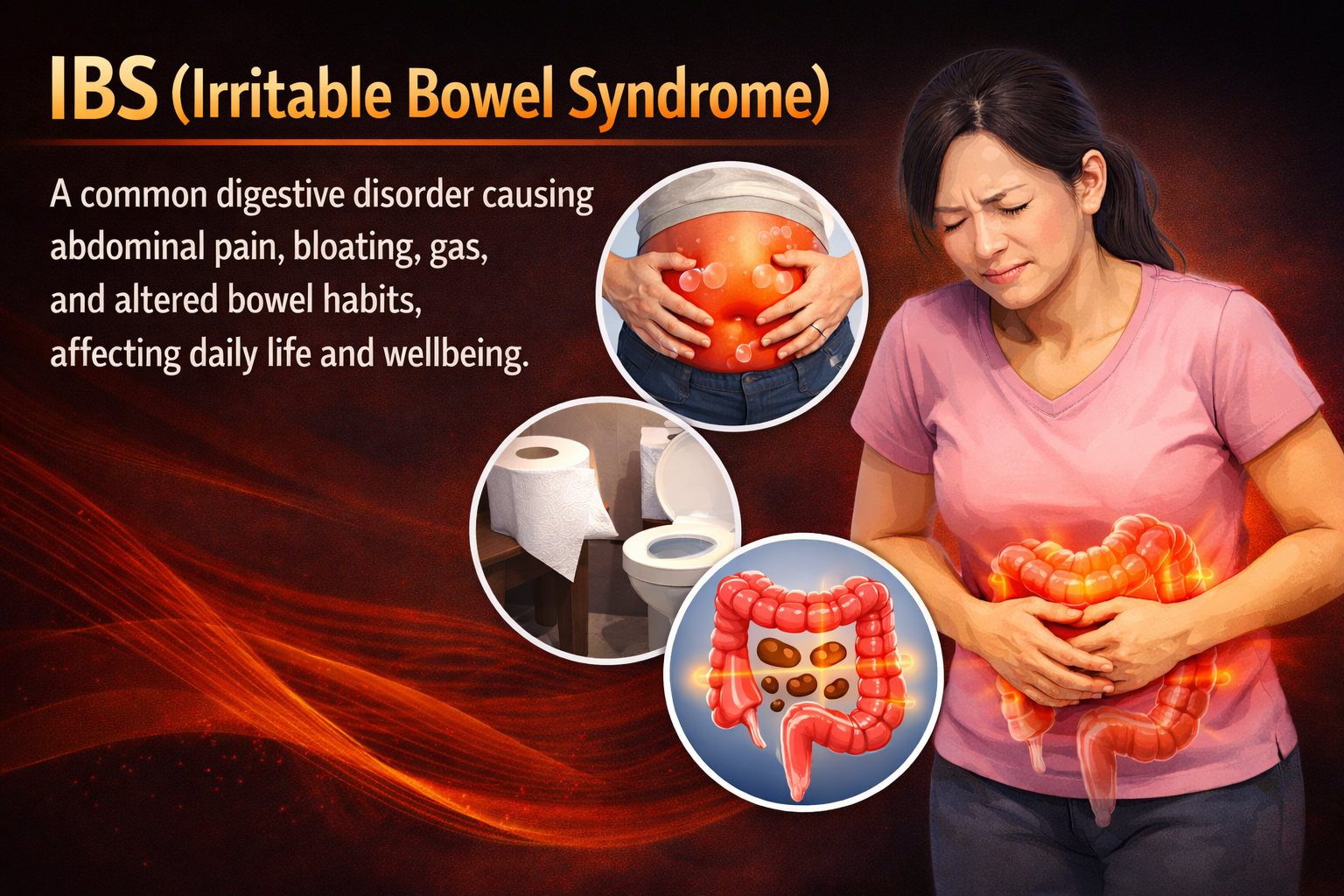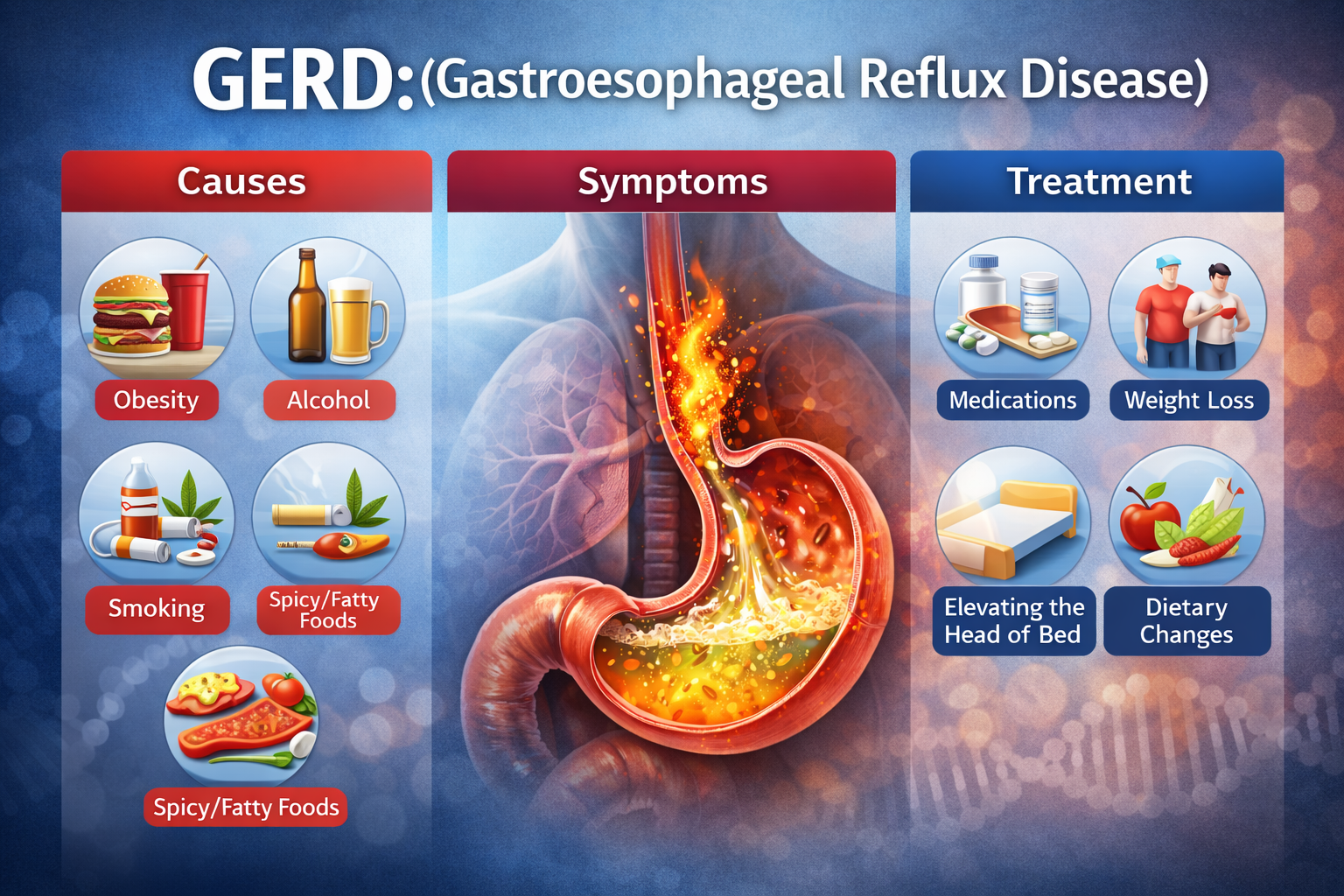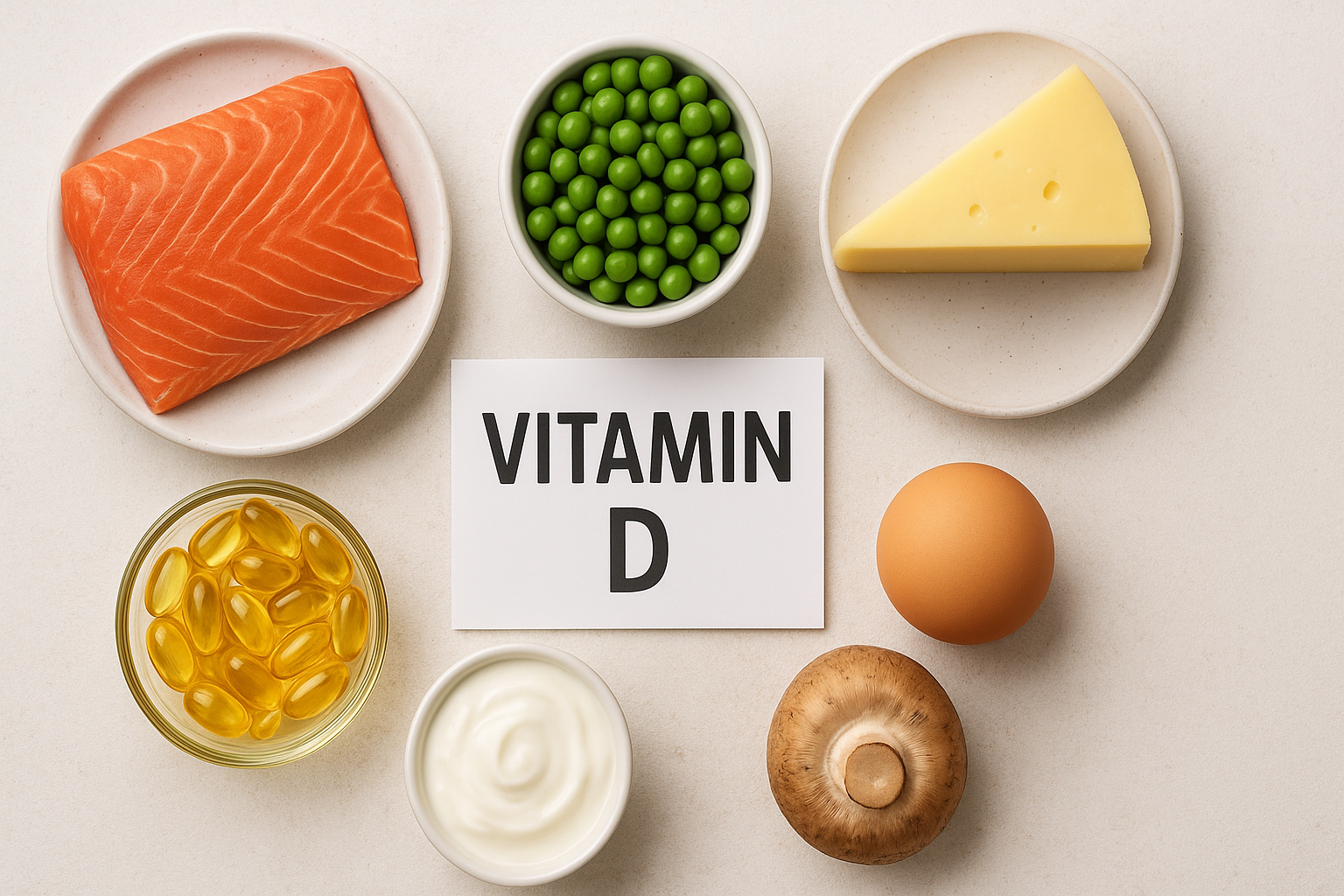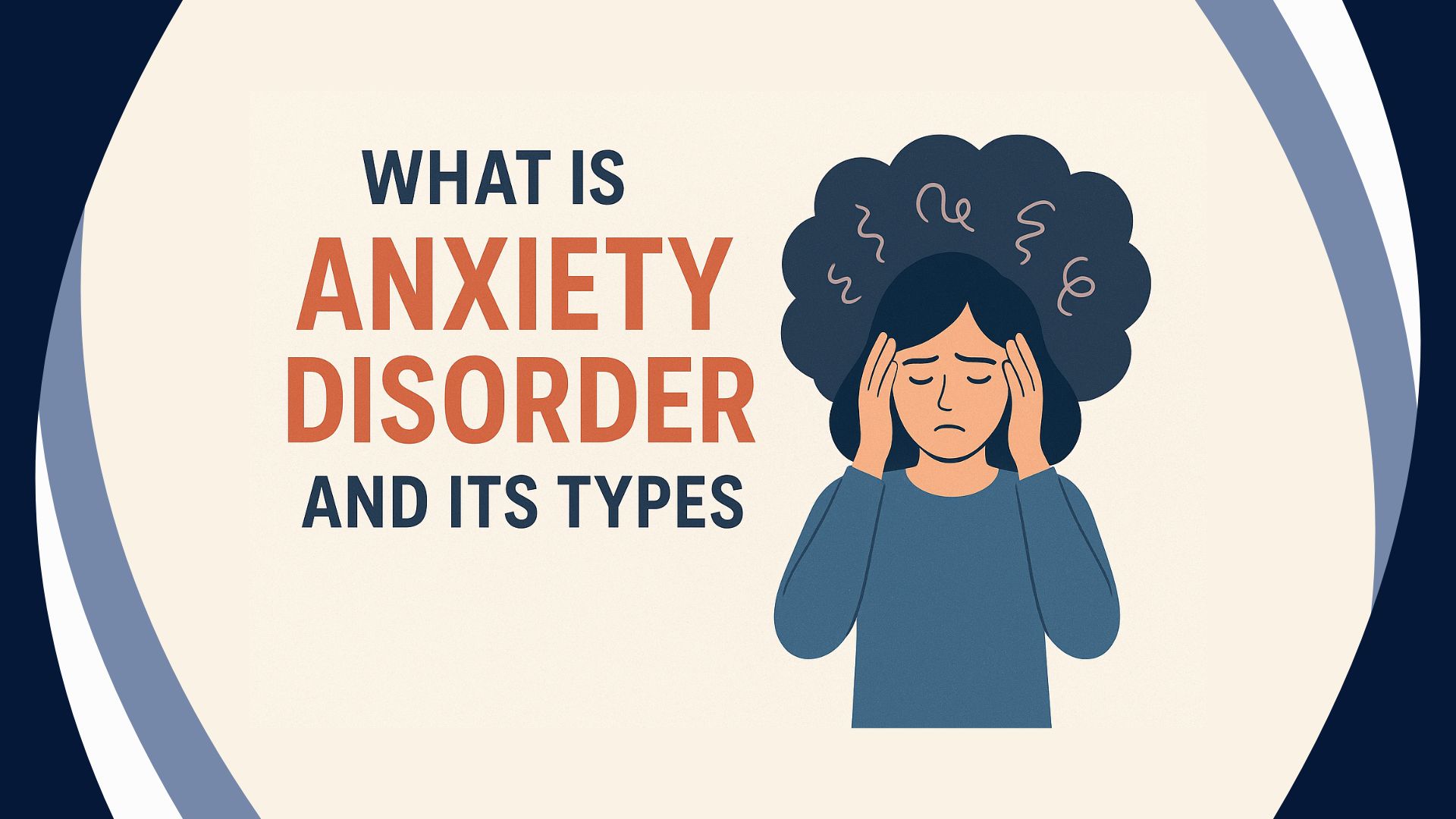5 Foods That Naturally Decrease Cortisol level, the Stress Hormone
Cortisol, often called the “stress hormone,” plays a vital role in the body’s response to stress. While acute increases in cortisol can be beneficial in certain situations (such as during the fight-or-flight response), chronically high cortisol levels can lead to negative effects, including anxiety, weight gain, and sleep disturbances. The good news is that some foods can help naturally lower cortisol and support a more balanced hormonal response. Here are five foods that may help decrease cortisol levels:

- Dark Chocolate
- Oats
- Berries (Blueberries, Strawberries)
- Fatty Fish (Salmon, Mackerel, Sardines)
- Leafy Greens (Spinach, Kale, Swiss Chard)
- Ashwagandha
1. Dark Chocolate (70% cacao or higher)
- Why it helps: Dark chocolate is rich in antioxidants, particularly flavonoids, which have been shown to help lower cortisol levels. It also releases endorphins and serotonin, which can improve mood and reduce stress.
- How it works: Eating a small amount of dark chocolate boosts brain function, improves heart health, and reduces cortisol levels.
2. Oats
- Why it helps: Oats are rich in complex carbohydrates, which help to boost serotonin production. Serotonin is a neurotransmitter that helps manage mood and reduce stress. Additionally, oats have a low glycemic index, which prevents blood sugar spikes and crashes that can trigger cortisol production.
- How it works: Eating a small amount of dark chocolate boosts brain function, improves heart health, and reduces cortisol levels.
3. Berries (Blueberries, Strawberries, etc.)
- Why it helps: Berries, particularly blueberries, are packed with antioxidants like vitamin C and flavonoids that reduce inflammation and oxidative stress. Studies suggest that antioxidants help lower cortisol levels during stressful situations.
- How it works: The compounds in berries help neutralize free radicals in the body, which, in turn, lowers the stress response and helps reduce cortisol production.
4. Fatty Fish (Salmon, Mackerel, Sardines)
- Why it helps: Fatty fish like salmon, mackerel, and sardines are high in omega-3 fatty acids, which have been shown to lower cortisol levels. Omega-3s also have anti-inflammatory properties that can help reduce overall stress in the body.
- How it works: Omega-3 regulates the stress hormone system, reduces inflammation, and supports healthy brain function, all of which can reduce long-term stress and cortisol secretion.
5. Leafy Greens (Spinach, Kale, Swiss Chard)
- Why it helps: Leafy greens are rich in magnesium, a mineral that plays an important role in managing the body’s stress response. Researchers have linked magnesium deficiency to increased cortisol levels and anxiety. Additionally, these greens are high in fiber and nutrients that support overall wellness.
- How it works: Magnesium helps regulate the release of cortisol and has a calming effect on the nervous system, making it easier for the body to handle stress.
Bonus: Ashwagandha
Although not a food in itself, ashwagandha is a popular adaptogenic herb that significantly reduces cortisol levels and helps the body adapt to stress. It can be taken as a supplement or made into a tea.
Including these foods in your diet, along with practicing stress management techniques like meditation, exercise, and sleep hygiene, can help naturally balance cortisol levels and improve your overall health.







